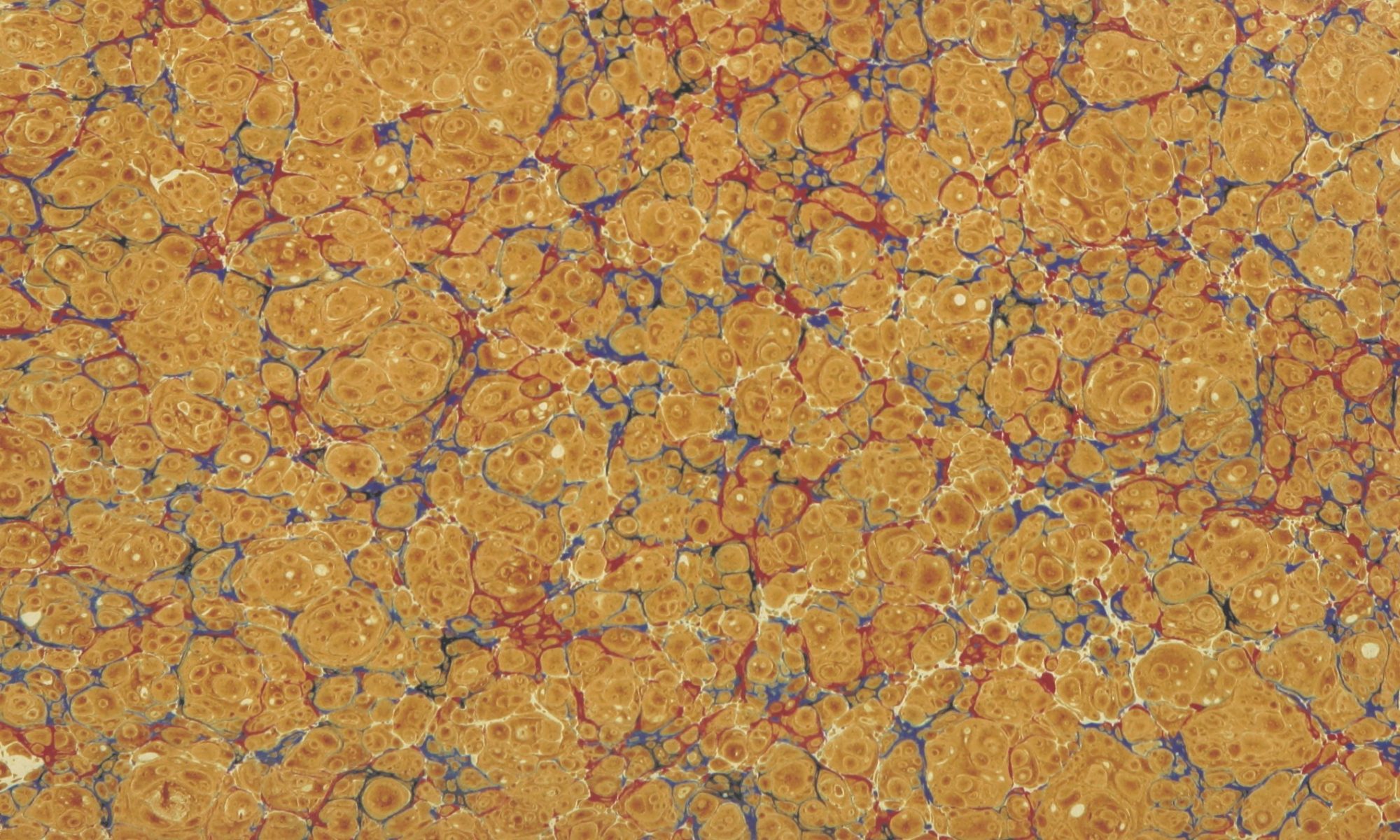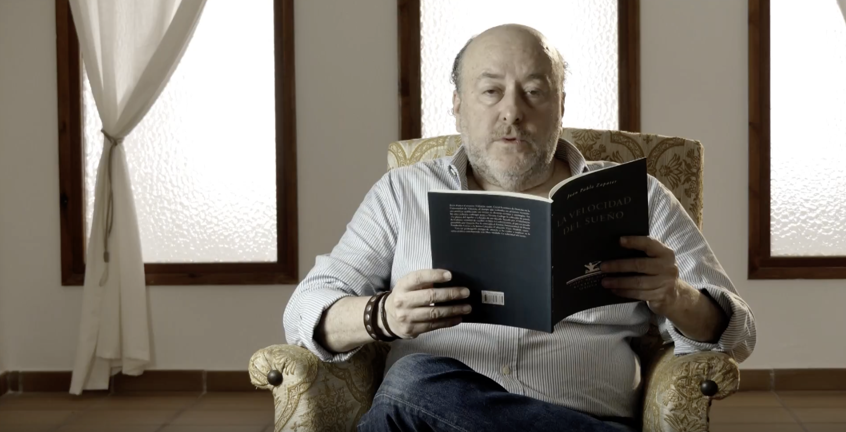The Gipsy Nun
Translated by Thea Mair (University of St Andrews)
White lime and myrtle’s silence.
Mallows in fine sod.
The nun sews jewel-like flowers
on a cloth as pale as straw.
In the spidery grey of the chandelier,
seven spectral birds soar.
The church, a bear, belly up,
growls on from afar.
She sews so skillfully, with such ease!
She longs to stitch
across that cloth
the flowers of her fantasy.
Such sunflowers and magnolias live in
sequins and ribbons!
Such moonflowers and crocuses grace
the Mass napery!
Five grapefruits grow sweet
in the nearby kitchen.
The five wounds of Christ
made new in Almería.
Through the eyes of the nun,
a pair of horsemen gallop.
A last, muffled murmur
strips her of her shift and,
gazing on the clouds and mountains
of the listless distance,
her heart of sugar
and verbena breaks.
Twenty suns crown
that erect plain!
In her fantasy she can still perceive
Those standing rivers!
Yet she persists with her flowers
While above, on the breeze,
The light plays high chess
With the window’s tracery.
La monja gitana
Silencio de cal y mirto.
Malvas en las hierbas finas.
La monja borda alhelíes
sobre una tela pajiza.
Vuelan en la araña gris,
siete pájaros del prisma.
La iglesia gruñe a lo lejos
como un oso panza arriba.
¡Qué bien borda! ¡Con qué gracia!
Sobre la tela pajiza,
ella quisiera bordar
flores de su fantasía.
¡Qué girasol! ¡Qué magnolia
de lentejuelas y cintas!
¡Qué azafranes y qué lunas,
en el mantel de la misa!
Cinco toronjas se endulzan
en la cercana cocina.
Las cinco llagas de Cristo
cortadas en Almería.
Por los ojos de la monja
galopan dos caballistas.
Un rumor último y sordo
le despega la camisa,
y al mirar nubes y montes
en las yertas lejanías,
se quiebra su corazón
de azúcar y yerbaluisa.
¡Oh!, qué llanura empinada
con veinte soles arriba.
¡Qué ríos puestos de pie
vislumbra su fantasía!
Pero sigue con sus flores,
mientras que de pie, en la brisa,
la luz juega el ajedrez
alto de la celosía.



